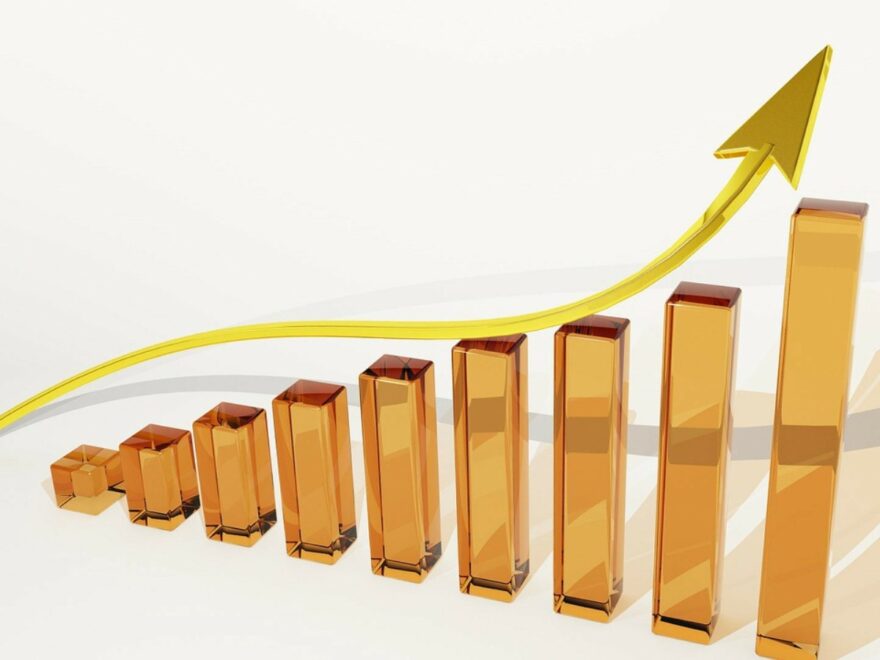Middle-class persons struggle to find answers to two questions, “How to invest wisely” and “How to stop wastage of money”. We will discuss both one after the other.
How to avoid unnecessary expenditure
Persons can invest in one or the other instruments only after saving from their monthly income.
Groceries: It takes away a significant chunk of the monthly income. So, it is important to reduce expenditure over it. It can be done by shopping non-perishable items once for the entire month or even for six months.
Before purchasing items, compare cost both in offline (Supermarkets, Hypermarkets) and online (Grofers, BigBasket, JioMart, PayTM Mall and Amazon Pantry).
Medicines: If there are elder persons in the family, then expenditure on medicine is quite high. In order to minimize it, online options can be explored as it not only provide discounts but also cash backs.
Note: Check expiry of the medicines before accepting it.
Rent: If you reside in rented flat, you have two options
- Search for a flat near your office to reduce fuel cost
- Find a flat in the area where the rent is less.
Select one of the two options after calculating the cost associated with it.
Bills: Clear bills and other fixed liabilities such as school fees, tuition fees etc. on time to avoid penalties.
The above are some of the tips to reduce monthly expenditure.
Safety fund
It is best practice to set aside 10 percent of the income and deposit in saving bank account. Repeat this practice until the fund grows to the amount at least equal to six times the monthly income.
This fund can be used in case of any uncertainty such as any pandemic or accident etc.
How to invest wisely
Invest
Try to invest 10 to 15 percent of the monthly income wisely for long term period ranging from 10 to 15 years.
